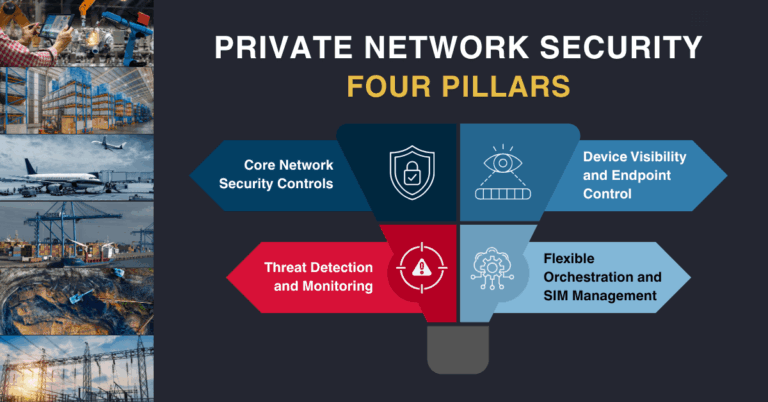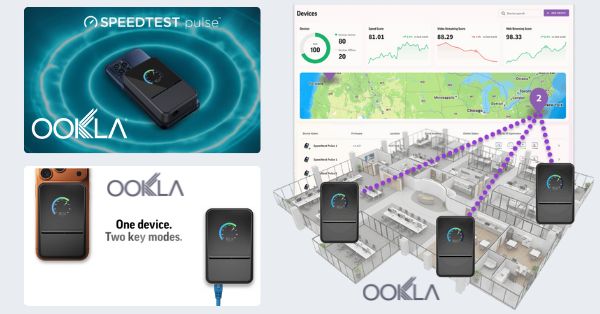The founder of Twitter and Block, Jack Dorsey, has launched a new project aimed at revolutionising messaging: BitChat. Released at the beginning of July, the open-source code for this decentralised, peer-to-peer messaging app operates entirely offline, using Bluetooth Low Energy (BLE) mesh networks to relay encrypted messages between devices. It is designed to function without internet or cellular connectivity, offering a novel approach to privacy, resilience, and user empowerment in digital communication.
Libertarians applaud the privacy aspects—keeping communications away from telcos, tech giants, and governments—while analysts challenge both the security claims and the app’s likely impact. BitChat might not change the messaging world, but it might re-ignite a privacy discussion that will have impact.
A tool for niche needs
BitChat is, at best, a solution for niche use cases:
- Emergency communication in disaster zones where telecom networks are unavailable,
- Local micro-communities where most users are in close proximity, and
- Intercept-free messaging for protesters and, potentially, criminals seeking to avoid government surveillance.
Its impact on mainstream messaging apps is expected to be limited, though BLE mesh could eventually become a feature layer for existing services. Overall, BitChat raises timely questions about the future of messaging, especially regarding privacy and decentralisation, in the light of the recent ban of some messaging apps.
What is BitChat and how does it work?
BitChat mimics the decentralised, peer-to-peer ethos of cryptocurrency—BitChat is a play on the words Bitcoin and chat—and it has been released as an open-source project, allowing users to build their own versions and send messages directly via Bluetooth. Messages hop from device to device, forming a mesh network that can extend communication range up to 300 meters or more, depending on user density.
Notably, there are NO:
- Central servers
- User accounts or identifiers
- Cloud storage
Messages are stored temporarily on devices, and end-to-end encryption is supported for both private chats and IRC-style group chats, with optional password protection. Future versions are expected to add Wi-Fi Direct support for enhanced range and speed.
This is the first time BLE mesh is being used as a carrier network for open messaging. To date, BLE mesh has mainly been used in IoT contexts, such as:
- Smart buildings (lighting control, HVAC management)
- Healthcare (patient monitoring and staff alerts)
- Retail (location-based services and in-store analytics)
There’s also a cryptocurrency angle. BitChat supports Bitcoin transactions using a public ledger. Transactions are relayed peer-to-peer and finalised once a connected device broadcasts them to the blockchain. This hybrid use of off-grid networking and decentralised finance adds another layer of innovation – and complexity.
Customer experience: promise and pitfalls
BitChat offers radical simplicity: no registration, no phone numbers or emails, no data collection. For users in low-connectivity areas or those seeking to avoid surveillance, this is compelling. However, the app’s effectiveness depends on user density and proximity. Without enough devices nearby, messages might be delivered too late to be relevant, or not delivered at all. This makes BitChat unreliable in rural or sparsely populated areas, and unsuitable for critical communications.
Other user experience concerns include no recovery options in case of device loss, and identity verification requires offline interaction or another messaging platform. Mass adoption may be slow or impossible due to these barriers.
Security concerns: experts sound the alarm
Despite its privacy-focused design, BitChat’s security remains unproven.
Following its release, Dorsey added a disclaimer on GitHub: “Do not use it for production use, and do not rely on its security whatsoever until it has been reviewed.”
Security experts flagged this immediately. As highlighted in a Coinmonks analysis on Medium, launching a secure messaging app without third-party audits—particularly one marketed for high-risk situations—is highly risky.
The mesh model opens new attack surfaces: message interception, manipulation during relays, and potential spoofing without robust authentication. The combination of open-source code, experimental protocols, and unverified cryptography creates a false sense of security. Activists, journalists, or others could be at risk if they trust BitChat prematurely.
Why this could still matter: Jack Dorsey’s track record
Jack Dorsey is no stranger to disruptive projects. As co-founder of Twitter (now X) and CEO of Block, he has long championed decentralisation and user autonomy. His work on Bluesky and support for the Nostr protocol reflect a deep commitment to shifting power away from centralised platforms.
BitChat may be an early-stage prototype, but its transparent launch and open-source nature invite community participation. If professional security reviews follow, the app could evolve rapidly and influence broader thinking about secure, infrastructure-independent messaging.
Implications for the Mobile Ecosystem
BitChat’s launch signals a shift in messaging paradigms. It challenges the dominance of centralised, cloud-dependent platforms and presents a credible use case for offline, decentralised communication.
Implications include:
- A wake-up call for mobile operators and app developers to consider offline and privacy-first capabilities (alongside better communication on real risks of messaging interception)
- A security review trigger for governments, as such tools could be exploited by criminals or bad actors
- A design cue for new services tailored to emergencies, events, or high-surveillance environments
While its mass-market relevance remains limited, BitChat sits at the intersection of several key trends such as the rise of mesh networking, the increasing concern over surveillance and censorship, and the user’s appetite for control and anonymity.









































